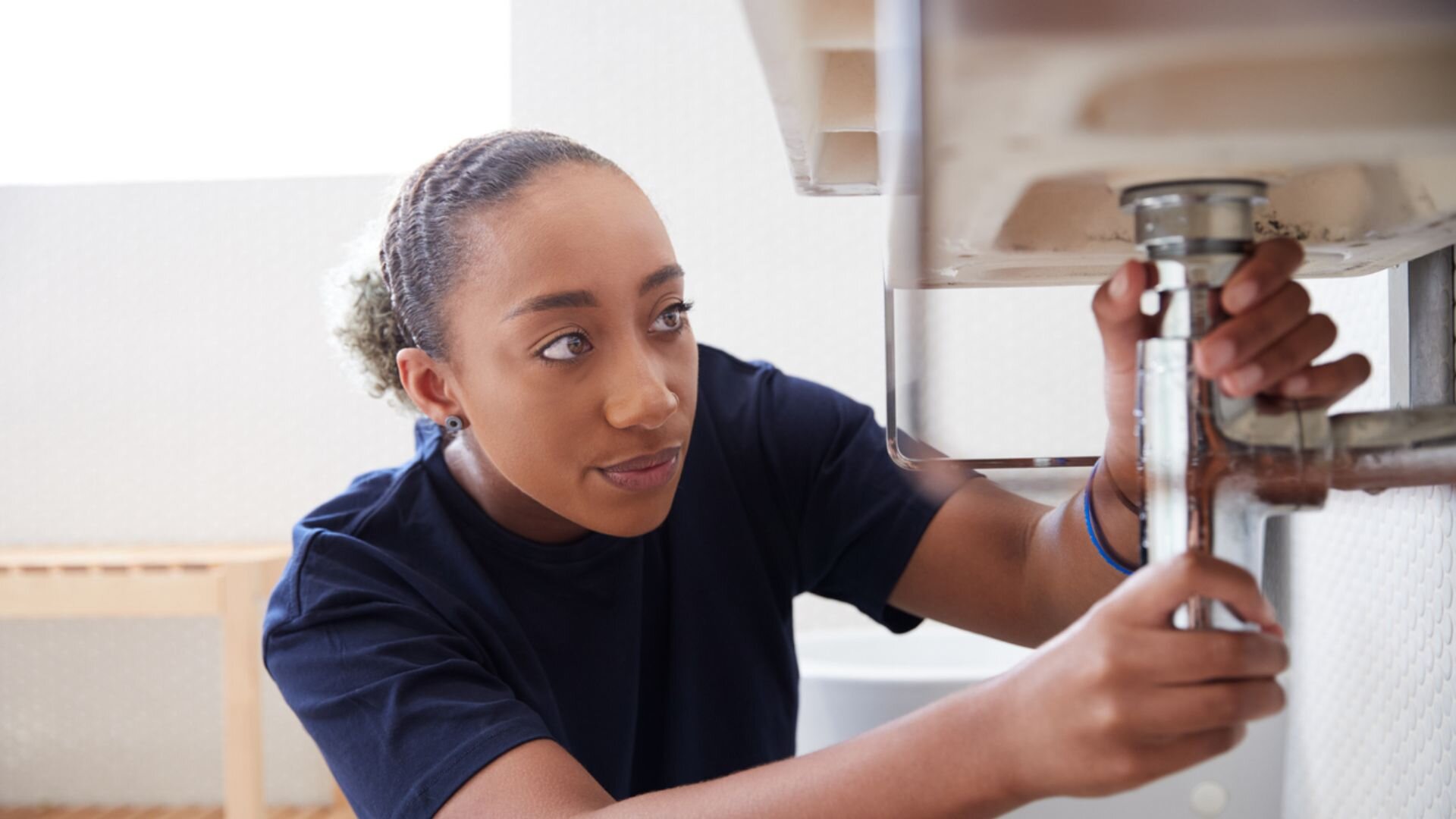
Launching a career in plumbing can lead to a rewarding path with excellent job security and potential for advancement. Plumbers play a critical role in constructing and maintaining water and gas systems in residential, commercial, and industrial sectors. This guide offers insights into how to begin a plumbing career, emphasizing education, apprenticeship, licensing, and ongoing professional development.
Educational groundwork is crucial for aspiring plumbers. A high school diploma or equivalent is typically required, with an emphasis on subjects like math, science, and technical education. Further education at a technical college or trade school can provide specialized training in plumbing principles, codes, and practices. Courses often cover system design, tool use, welding, and safety protocols.
Hands-on experience is essential to plumber jobs. An apprenticeship program is one of the best ways to gain this experience while also receiving formal education. These programs, often sponsored by trade unions or professional organizations, blend classroom learning with practical work experience under the guidance of skilled plumbers.
Licensing is a critical step for plumbers in most states and regions, requiring passing an exam that tests knowledge of the trade and local codes. The specifics of licensing requirements vary, so it’s important to check with local or state licensing boards for precise criteria.
A successful plumbing career also depends on strong problem-solving skills, physical fitness, and excellent customer service abilities. As plumbing technology evolves, professionals should stay informed about new tools, materials, and methods. Continuing education and additional certifications in specialized areas, such as green plumbing or advanced pipefitting techniques, can enhance job prospects and earning potential.
To find employment opportunities, candidates should prepare a resume that highlights their education, apprenticeship experience, certifications, and relevant skills. Networking with industry professionals at trade shows, conferences, and local trade association meetings can also uncover job leads. Online job boards and company websites are valuable resources for finding open positions.
In conclusion, a plumbing career offers a promising future for those willing to invest in the necessary education, training, and professional growth. By following these steps and committing to lifelong learning, individuals can build a successful career in the plumbing industry.


More Stories
Transforming Appearances with the Perfect Hairpiece Touch
Exploring the Wonders of Modern Sciences
How Sciences Unlock the Mysteries of the Universe